Presenting the Ukrainian phenomenon of the front-line press and drawing attention to Ukrainian journalists held in russian captivity were the main priorities of the President of the National Union of Journalists of Ukraine (NUJU) Sergiy Tomilenko‘s work at international venues in Brussels. In addition, he reported on the activities of the NUJU Network of Journalists’ Solidarity Centers (JSC) – a network of co-working spaces for journalists during the war.
A particularly important moment was the participation in the ceremony of awarding the UNESCO/Guillermo Cano World Press Freedom Prize, which this year went to the Nicaraguan newspaper La Prensa. The history of this oldest independent publication, which continues to operate despite persecution and confiscation of property, is admirable. The speeches at the ceremony by Nicaraguan journalists were touching, for whom the world recognition of their indomitability is a significant support. At the same time, the Nicaraguan authorities announced that they were withdrawing from UNESCO because of this prize for independent journalists.
After the ceremony, Sergiy Tomilenko had an important personal conversation with UNESCO Assistant Director-General for Communication and Information Tawfik Jelassi, during which he thanked for the significant support of Ukrainian media and journalists.
“We were with you very promptly and helped,” recalled Mr. Jelassi. “In April 2022, my colleagues met with you in Lviv and handed over the first large batch of bulletproof vests and helmets with the inscription of PRESS.”
The UNESCO Assistant Director-General also recalled the participation of the NUJU President as one of the official speakers of World Press Freedom Day 2023 in New York and one of the first public screenings of the documentary 20 Days in Mariupol by Mstyslav Chernov. He assured: “We will continue to help journalists in Ukraine.”
“Such face-to-face conversations with key officials are invaluable for further support of our initiatives,” Sergiy Tomilenko emphasized in his post on a social network.
This year’s UNESCO events were large-scale — over 1,000 registered participants, 35 world-class speakers, including UNESCO Director-General Audrey Azoulay and Commissioner for Human Rights of the Council of Europe Michael O’Flaherty. The main topic — the impact of artificial intelligence on press freedom — sparked lively discussions.
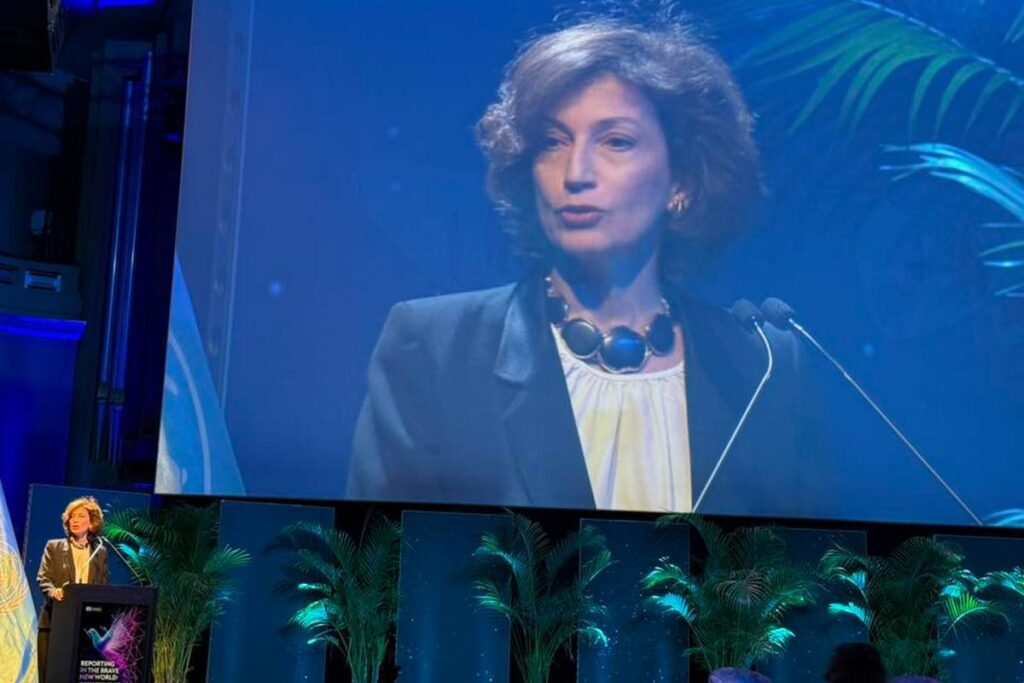
A joint statement of the heads of UN bodies on the impact of artificial intelligence on press freedom was signed. At the 9th Academic Conference on the Safety of Journalists, UNESCO presented a new analytical document on national security mechanisms for journalists.
“Why are such trips critical for Ukraine? Because today the world is facing a huge competition of global topics – from climate change to artificial intelligence, from new armed conflicts to economic crises,” reminded Sergiy Tomilenko. “And without our constant presence and active participation in international events, Ukrainian topics risk disappearing from the world agenda. That is why my Ukrainian colleagues and I use every opportunity to remind the world community about Ukrainian journalists who work under fire every day, about publications that are published a few kilometers from the front line, about our colleagues in russian captivity.”
He added that he is returning to Kyiv with new contacts, agreements on support, and the feeling that the voice of Ukrainian journalists continues to be heard at the highest international level.
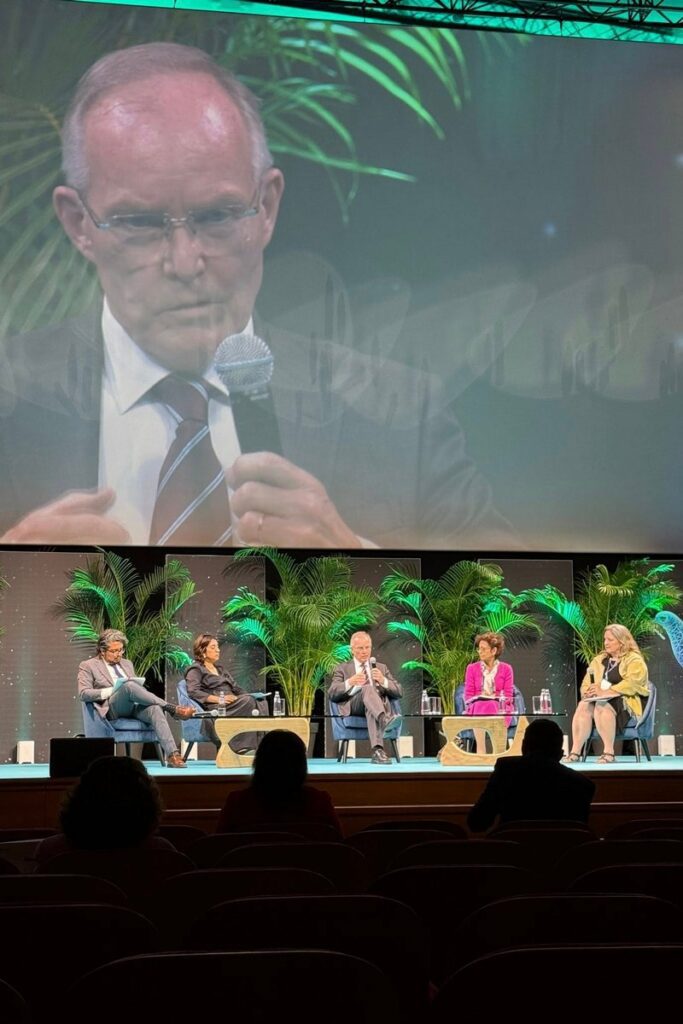
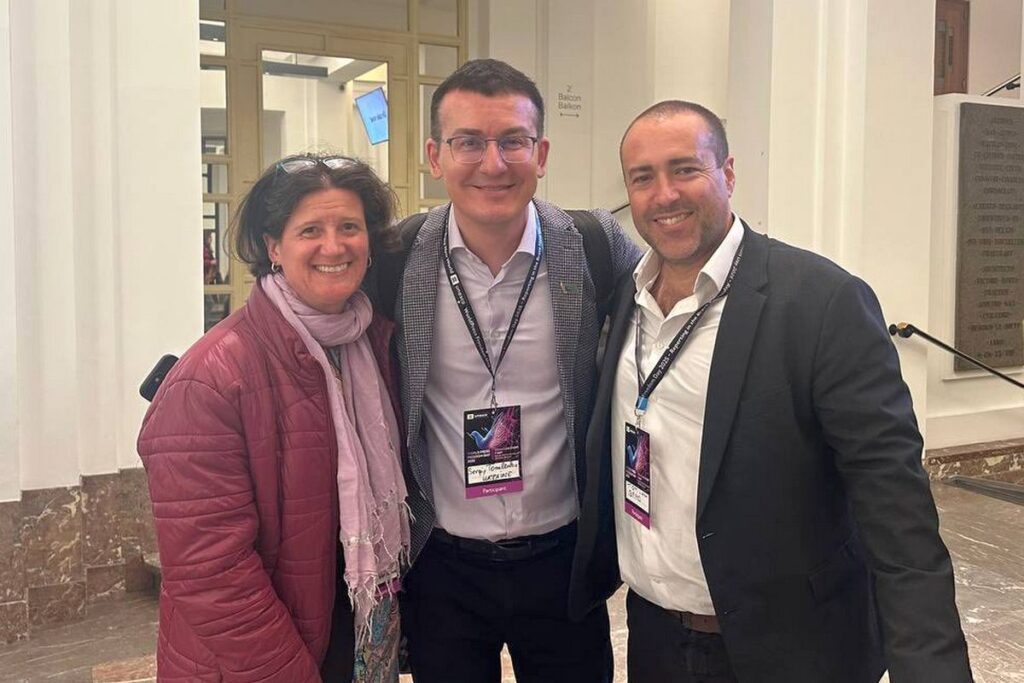
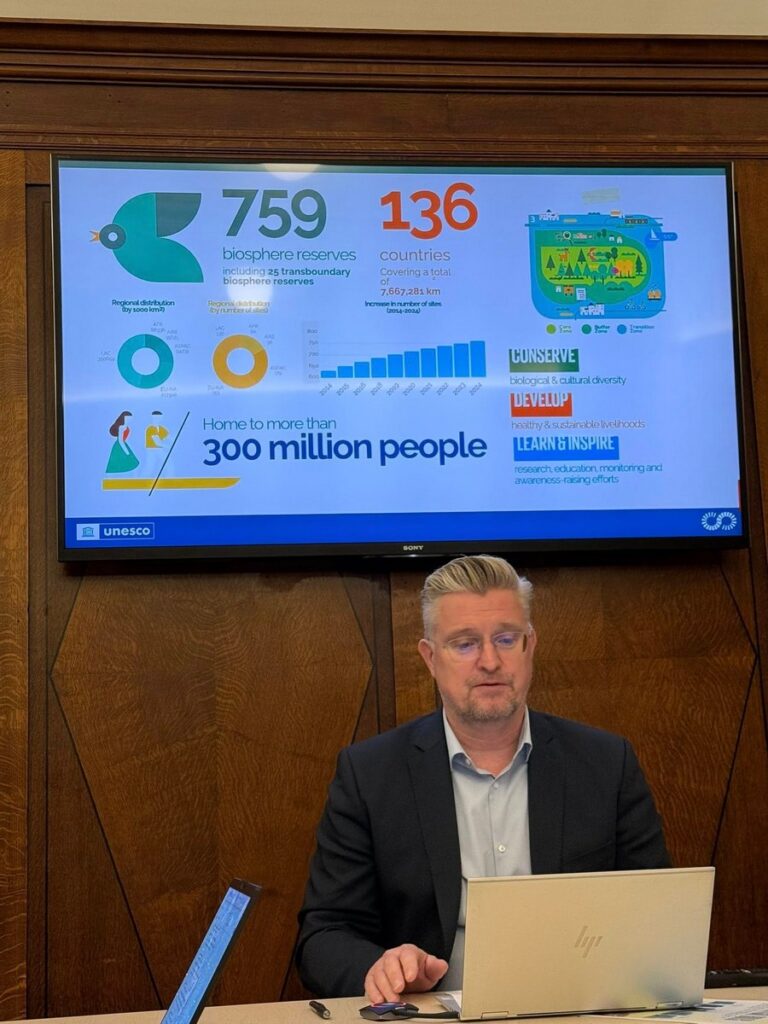
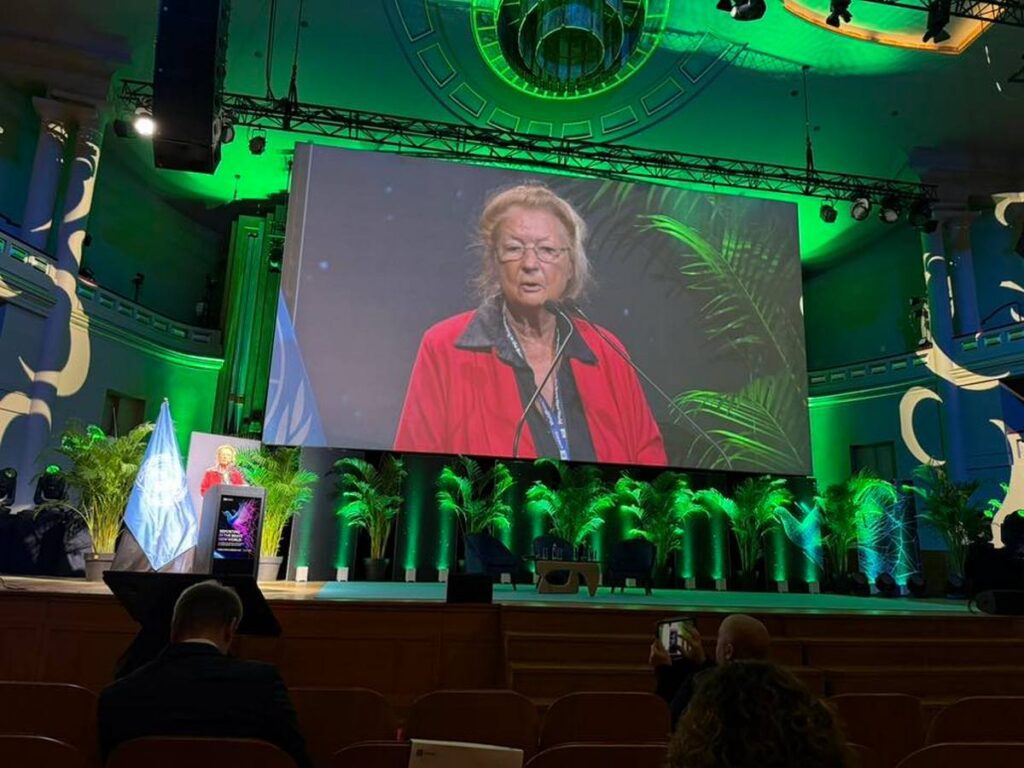
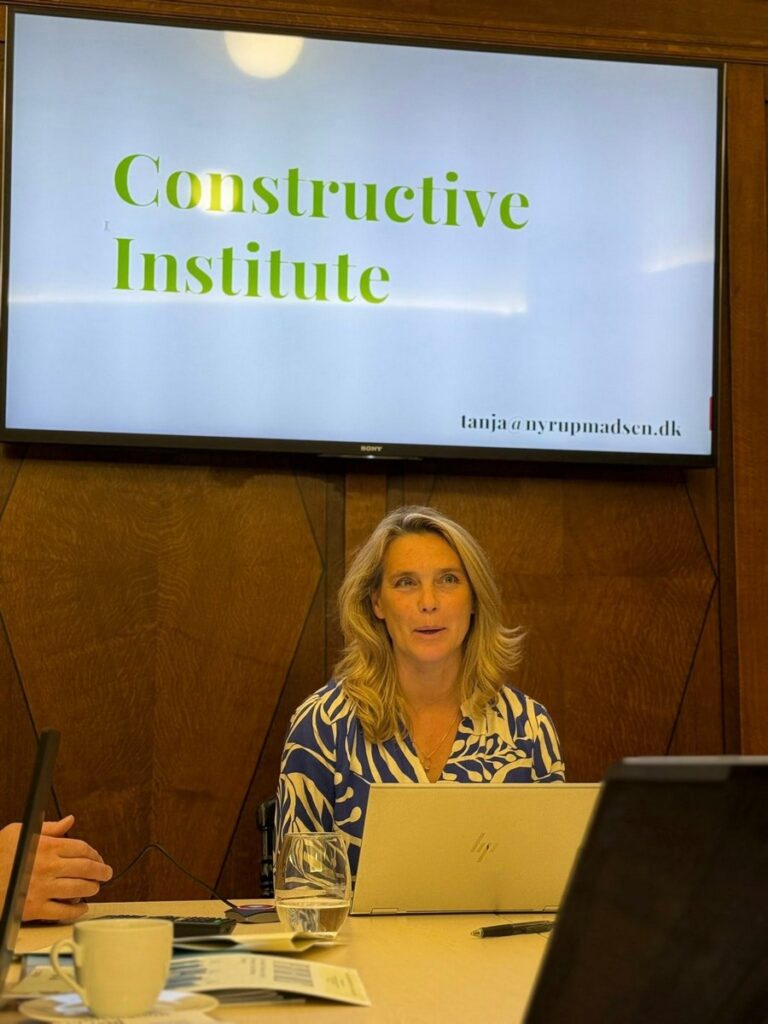
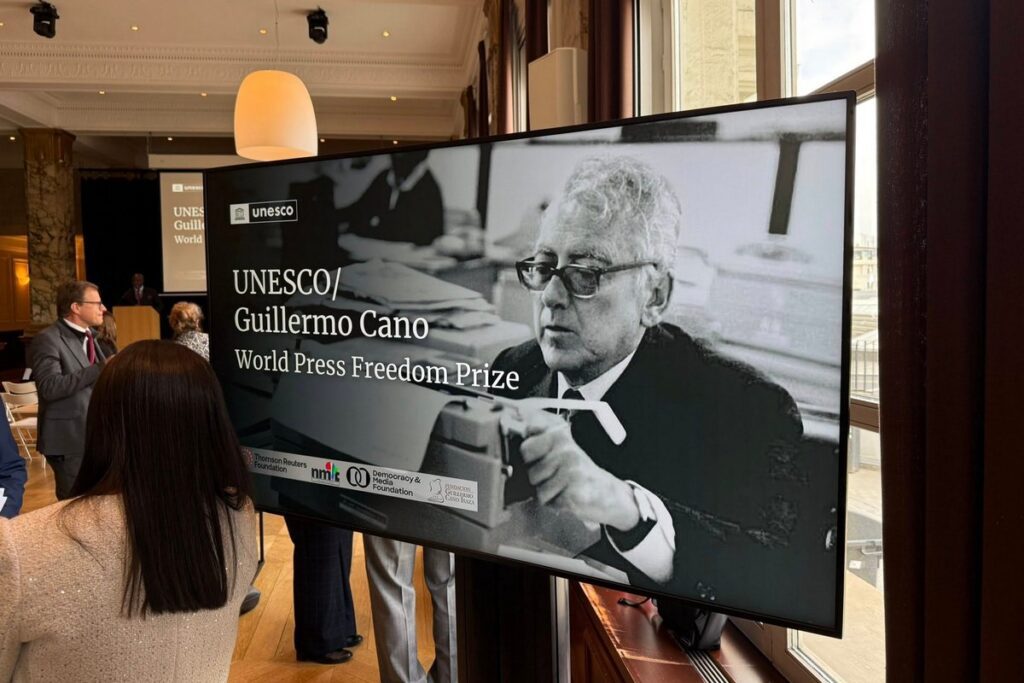

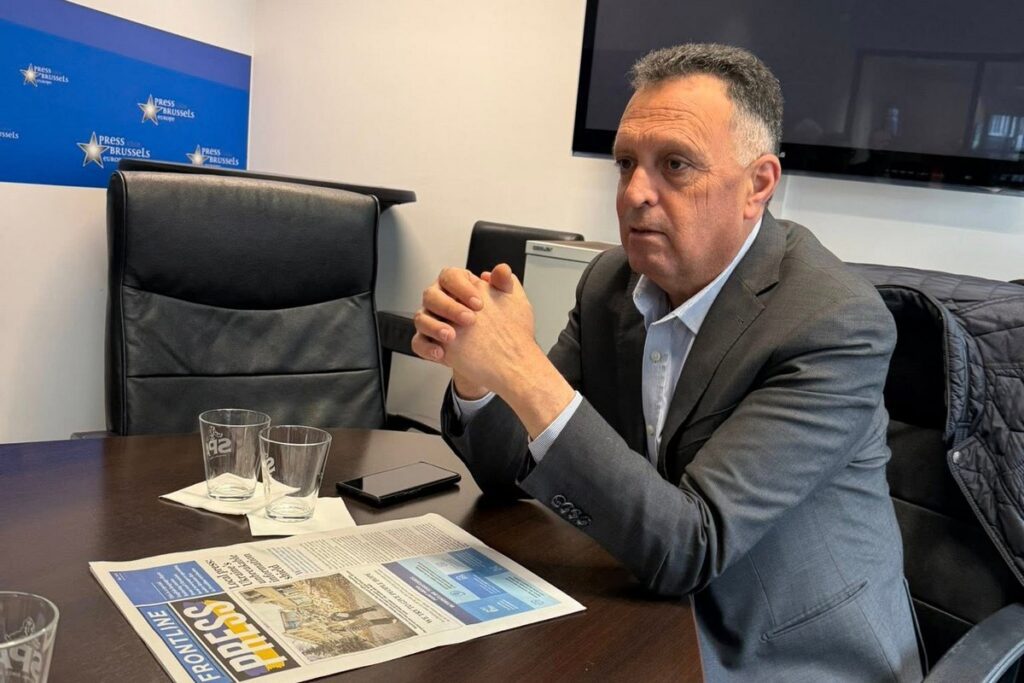
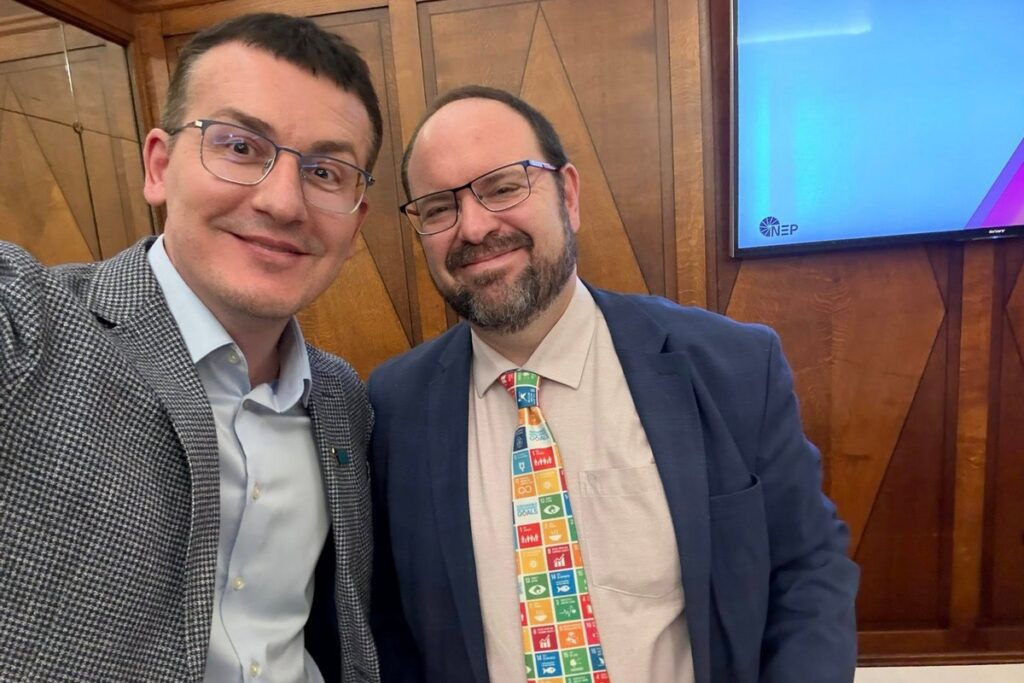
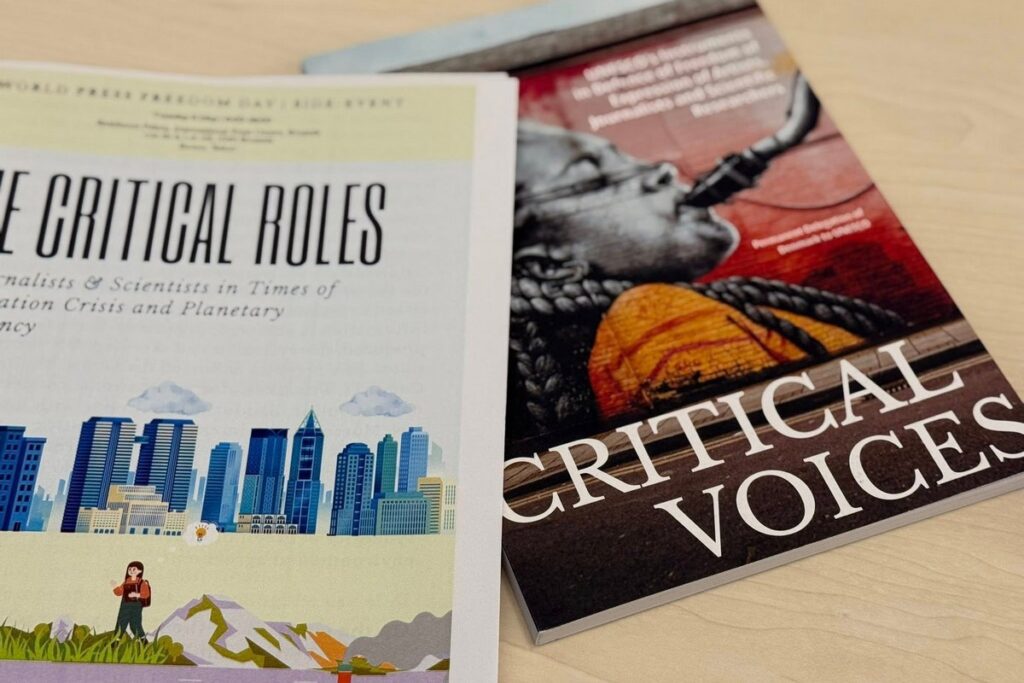
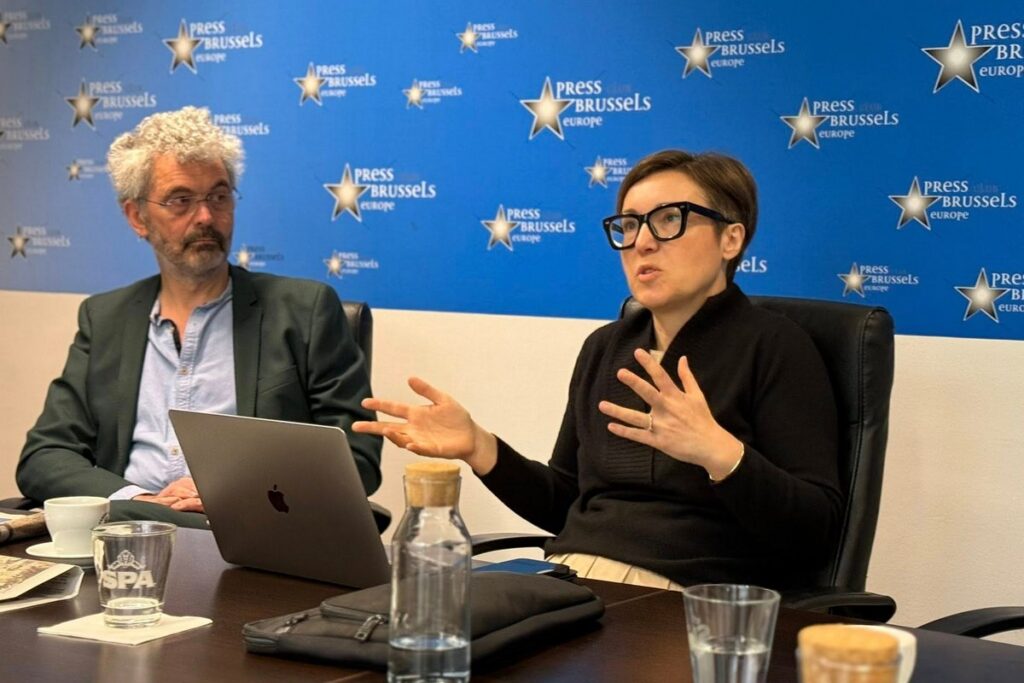
NUJU Information Service

 THE NATIONAL UNION OF
JOURNALISTS OF UKRAINE
THE NATIONAL UNION OF
JOURNALISTS OF UKRAINE
















Discussion about this post